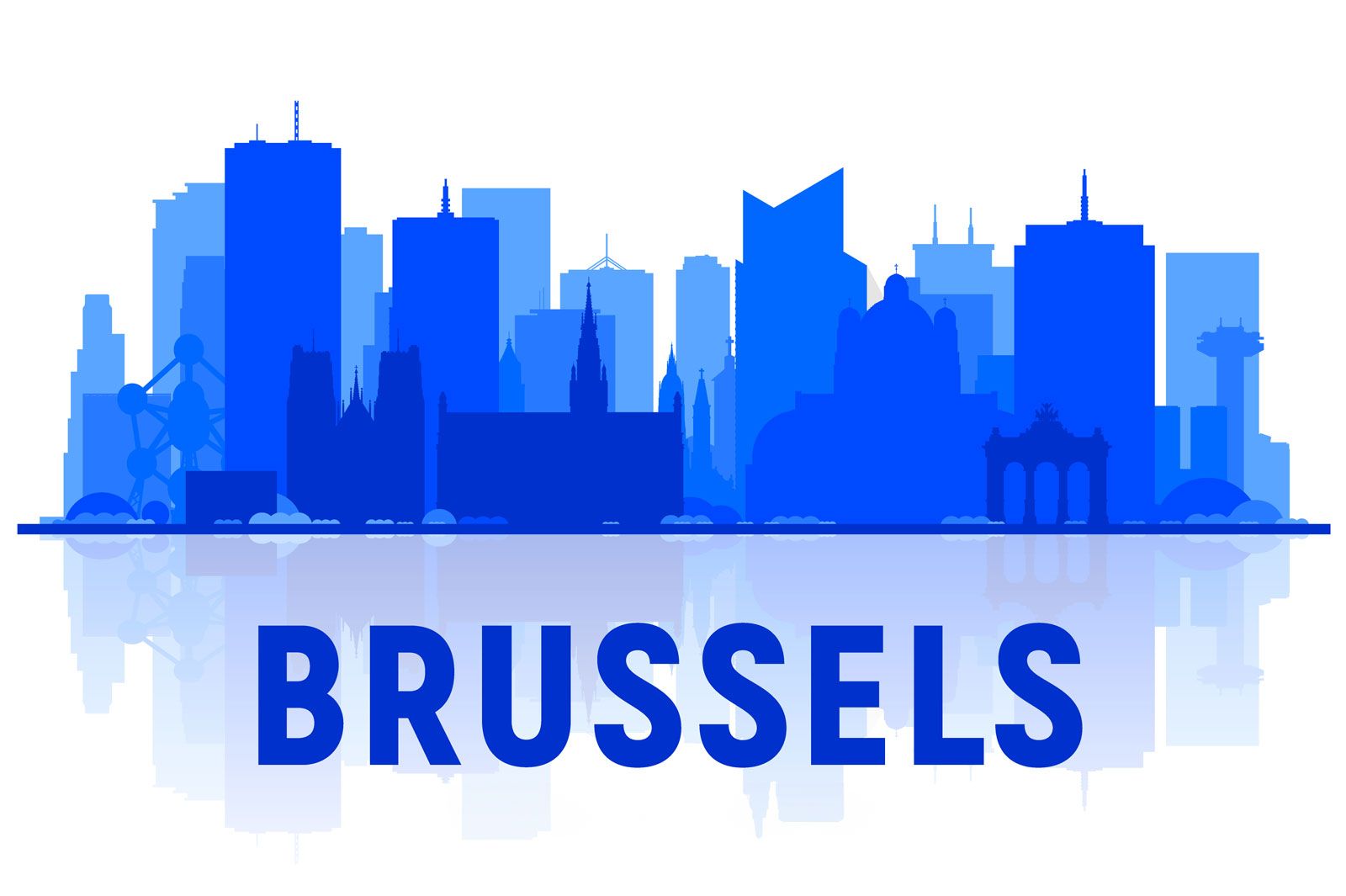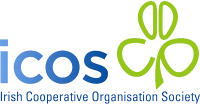
Damien O'Reilly
EU Affairs and Communication Manager, ICOS
Letter from Brussels - July 2024

It was a laborious and often frustrating exercise. This writer arrived in Brussels in late 2022, wet behind the ears when it came to understanding the complex dynamics of the European Parliament, the intermingling policy decision-making process of all the EU institutions, and the raw politics which knits it all together.
To work in the so-called Brussels bubble, one has no choice but to become immersed in it all, to understand how the wheels of the EU turn. So, admittedly, somewhat smugly, I couldn’t but guffaw at the lack of a basic understanding of how the EU works as I listened to some of the interviewers, commentators, and candidates. Even during the fallout of the election, the brickbats were flying, full of misnomers when it comes to an appreciation about the workings of the EU. One of the complaints about the recent election was the sheer number of candidates in each constituency, which included complete no-hopers. Credit to them for putting their name on the ballot paper. But if we are to look at raising the bar to make it onto the ballot paper, maybe a basic theory-test entrance exam on candidates’ knowledge of the EU might be one way of shortening the list.
Derogation DEBATE
One issue which cropped up was the Nitrates Derogation. It is a very sensitive topic that is causing a lot of angst among dairy farmers. The big worry relates to what will happen at the end of 2025 when the EU Commission will revisit Ireland’s situation and decide whether to grant another derogation. Currently, it is hanging by a thread. Derogations to the Nitrates Directive are granted to applicant countries who can demonstrate that the derogation will not impact negatively on water quality.
Over the past three decades, Ireland has managed to do just that, but that is becoming increasingly difficult as the EU becomes more focussed on meeting stricter climate, biodiversity and water-quality-protection targets. The directorate general in the EU Commission which holds the file on nitrates is DG Envi or the Commissioner for the Environment. They refer to the Environmental Protection Agency reports for guidance on whether Ireland is meeting its commitment on water quality. To put it bluntly, they are not interested in any other measure of the success of the Irish dairy sector apart from water quality and environmental impact. Economic and social impacts are not on their radar.
And, once a derogation is granted, Ireland must secure the support of the other 26 Member States. It has nothing to do with the European Parliament. MEPs have little or no say in the matter although they might try to put in a good word for us. So, I wondered why it came up so much during the pre-election debates. If anything, it is farmers on the ground, their co-ops and their advisors that have more influence in securing an extension to the derogation by continuing with their hard work in mitigating against water quality loss which in turn will hopefully be reflected in EPA water quality reports over the next 18 months.
There is a whole-of-sector approach to improving water quality. Every co-op in the country is operating incentive schemes with farmers to protect water quality and that is why the most recent EPA report on water was so frustrating in that the hard work on farms is not yet showing in the results. That work must continue. But farmers and other stakeholders need to know, there is little our MEPs can do about it. It is all about convincing the EU Commissioner for the Environment, and doing so with evidence.






